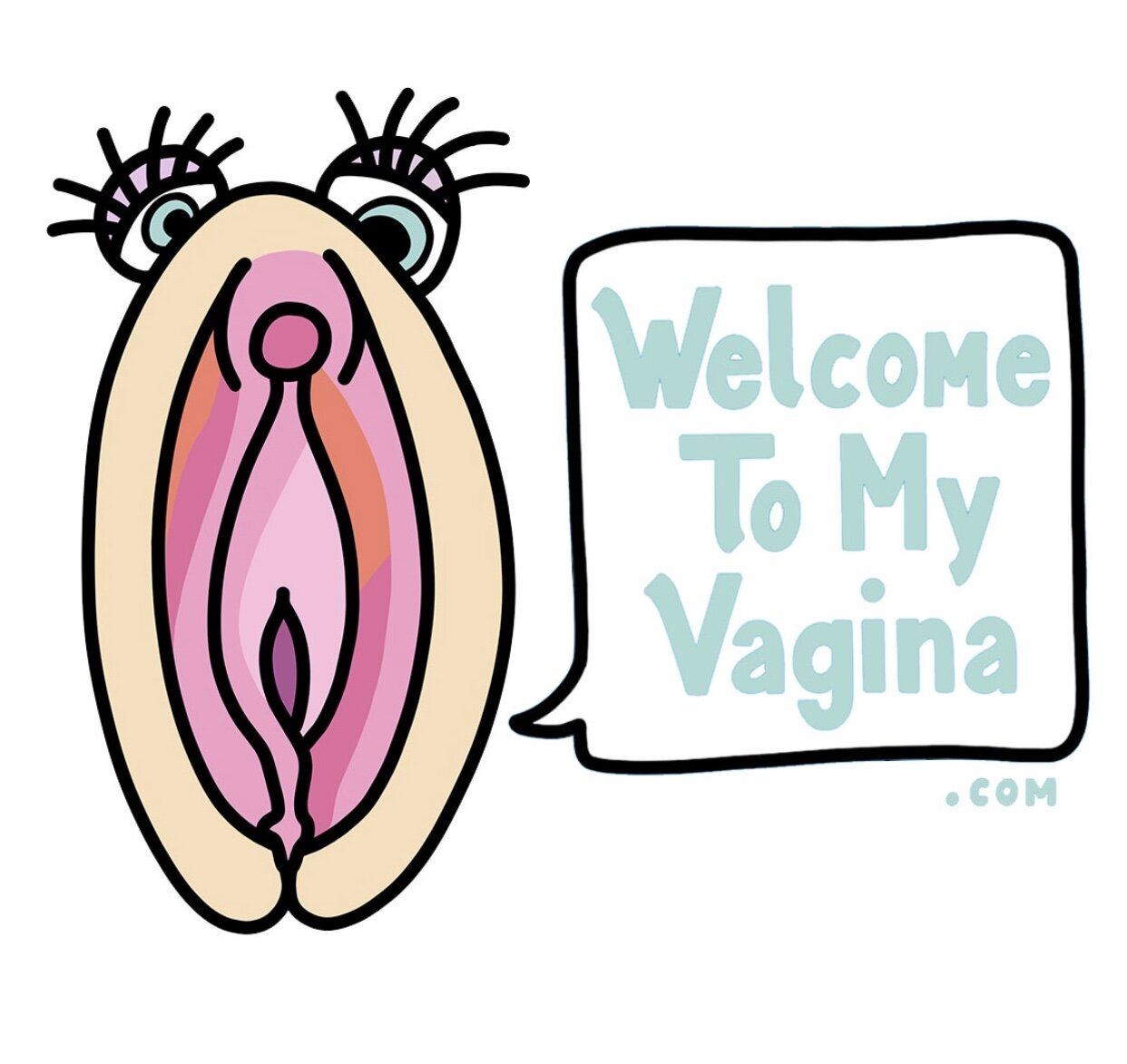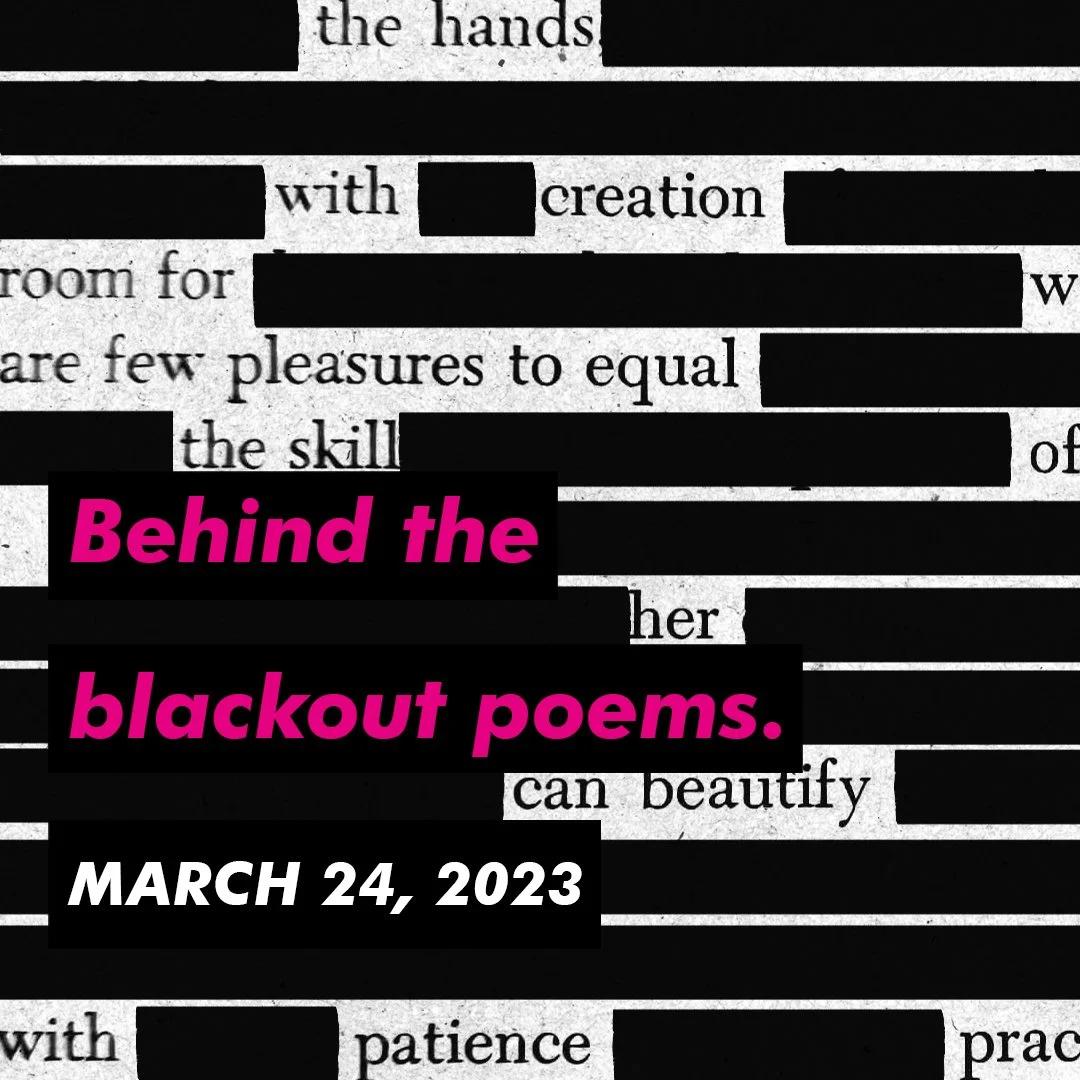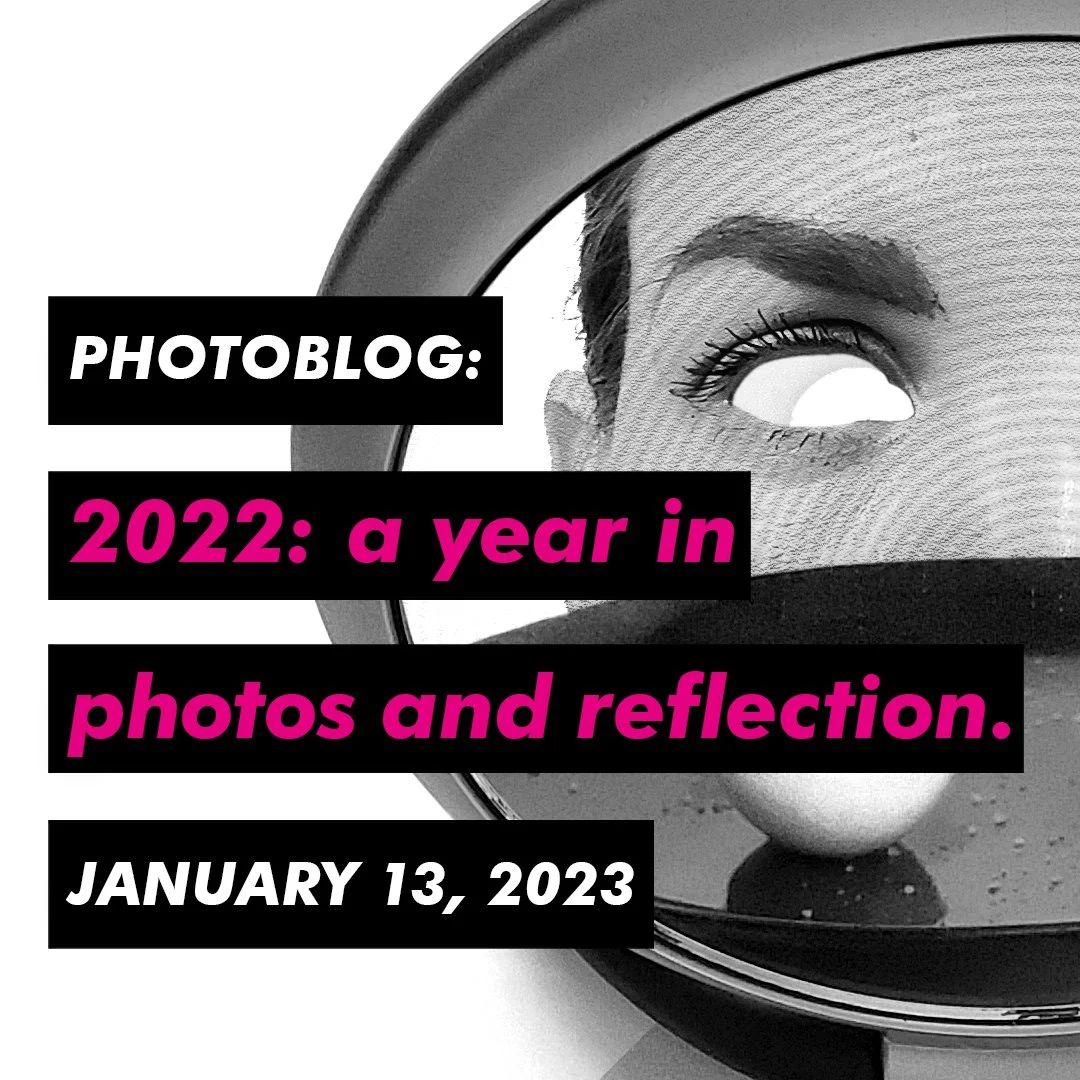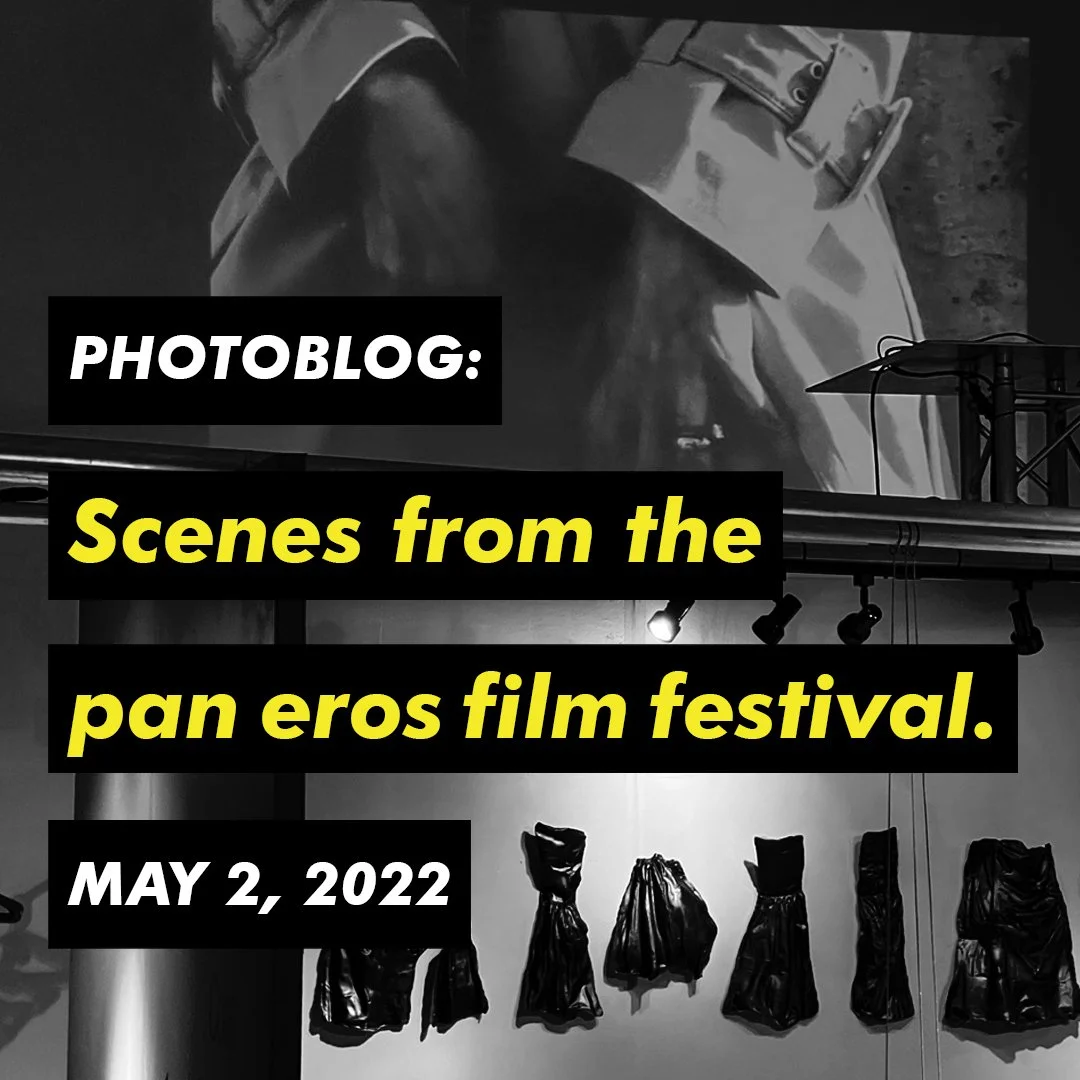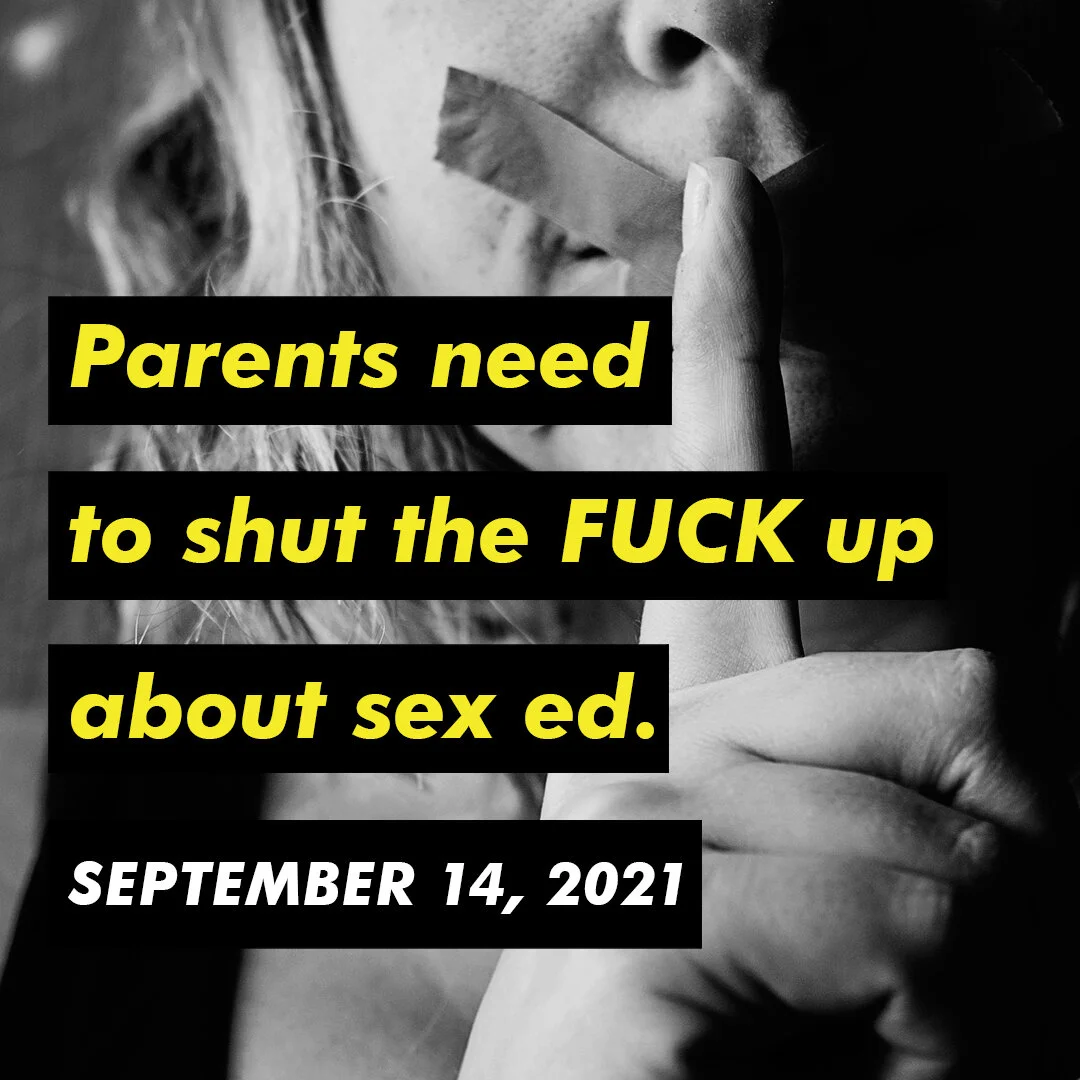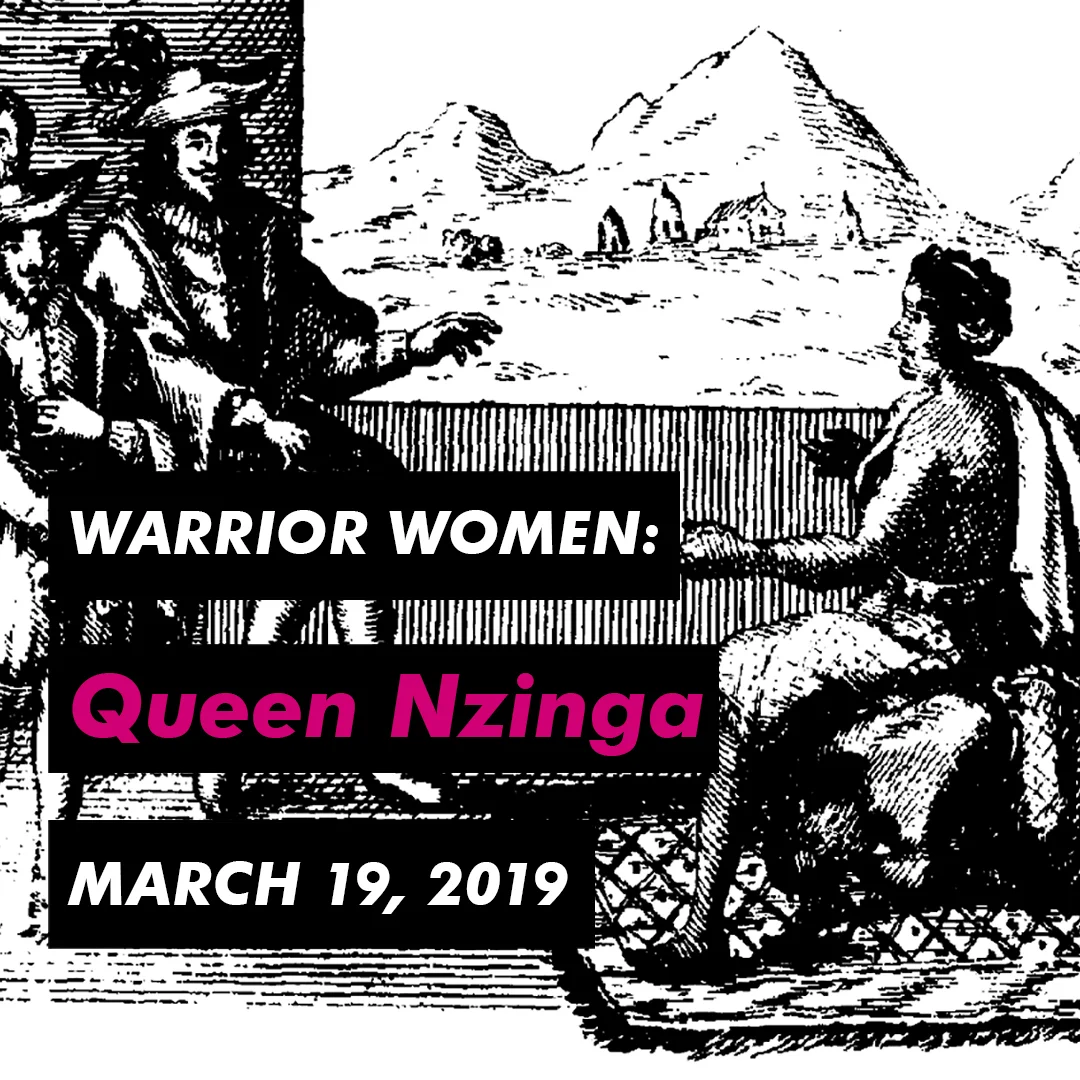As part of a new series—Q&A Sessions—the Femme Project is profiling exceptional women artists, advocates and resisters who are making their voices heard. Because we are stronger together, and women empowering women is an unstoppable force and wave of change.
Photo Credit: Welcome to My Vagina
real talk with welcome to my vagina
In Part One of Two, I talked with Jessy Caron and Rebekah Frank, the fabulously fierce females behind Welcome to My Vagina, a podcast and web series about sexuality, gender rights, and sex education. Read on and get to know more about the name, the duo, and learn a thing or two about the vulva.
Let’s start with the podcast name … how did you decide on the title “Welcome to my Vagina?”
WTMV: It started when Jessy was out with a group of girlfriends having an open conversation about sex. One of her male friends walked past and reacted in disbelief that women have these sorts of conversations and Jessy, frustrated that women are societally discouraged from having open conversations about sex and pleasure, yelled “Welcome To My Vagina, Bitch!” The web series started a few years later but that was the beginning of the WTMV empire.
How did you both meet?
WTMV: We bartended together back in 2014 at a busy spot in Crown Heights. On one of our first shifts together, some guy, who kept placing his mostly empty drink amongst dirty glasses, yelled at Jessy multiple times for clearing his glass. Jessy explained to the man how if he kept placing his glass with all the dirty glasses it was going to keep getting cleared. Not that she needed any help because Jessy totally had it handled, but Rebekah jumped in and backed her up no questions asked. A true romance was born.
Jessy, you launched a YouTube Series in 2014 that pre-dates the podcast. Tell us a little about the series and your inspiration behind it.
JC: I had moved here to NY to be an actor and had a lot of trouble finding work. At the time I was living in a super creative household where everyone was making projects happen regardless of access or income. As most creatives, I was plagued with the need to get something out – or to just dress up in sequins. I wanted to make something where I could spotlight my crass humor, my interest in sex and something where my friends and I could make our own rules, set our own goals and… play. In the end, what I found was my feminism.
How did the idea for the podcast come about?
WTMV: Shortly after that dark day in early November 2016, we set out on a road trip down to New Orleans where Rebekah was moving for a few months (which turned into almost a year). We had so many discussions about politics, the world, feminism, whether or not dinosaurs still exists – according to Jessy they totally do. (JK she doesn’t want people to think she’s a creationist because she’s not, she’s just saying it could be true.) At the end of the two weeks we realized we had something magical and we wanted to share it. Luckily for us we knew an awesome lady, Cait Moldenhaur, who was starting a podcasting network for women and she invited us to come aboard! More Banana Podcasts is now home to 11 shows all hosted by women! Check them out!
You have described the YouTube series and the podcast as, “using humor to educate people about topics that are taboo.” What motivated you to use humor?
WTMV: This was a core value of WTMV from the beginning and it was really important to both of us to make sure that carried over to the podcast. We cover some really tough topics and we feel, and we know we aren’t alone, that all the heaviness that’s all around us can really bog us down and zap our energy. So we wanted to make sure that people know that it is okay to laugh even when things are hard and frustrating because it is that laughter that gives you the energy to move forward and keep fighting to make things better. Some of the things we have covered – sexual assault and abortion access come to mind immediately – are very heavy and hard to digest and although we have a lot of work to do, improvement is possible. So we have to learn, to laugh and to fight like hell.
At times, I have a love/hate relationship with humor when it comes to women’s sexuality. On one hand, humor can be the best way to get people comfortable with challenging or uncomfortable things that women deal with everyday (thinking Ali Wong here). Conversely, humor can also turn important topics that are not being discussed into punchlines and diminish the value of the conversation (for example female masturbation being the butt of a joke). How does this influence the way you use humor in your podcasts and series?
WTMV: One of the main things we do is we always punch up. If famous people are making offensive jokes or selling bullshit remedies for nonexistent problems (ahem, Daniel Tosh and Gwyneth Paltrow), then we can turn them into the butt of the joke or use their products as examples of what not to put in your vagina. We also make sure to always be backed up with research and so even when we are laughing about things, we always try to make sure the information is correct and shared in a way that is digestible. Also! We are not always right and we work really hard to not double down when we fuck up. If we inadvertently offend or misrepresent something, please reach out. We love to get feedback from our listeners.
Many of the topics you discuss are actually very serious. For example … birth control, sexual assault, abortion, FOSTA/SESTA, endometriosis, etc. Knowing that humor is a part of your approach, how do you strike a balance, not going too far to one side (not taking it seriously enough) or the other (being too serious)?
WTMV: We balance each other out really well. We have a pretty keen sense of each other’s energy so if one topic is especially hard on one of us, the other one knows how to break the tension, bring in a laugh or a weird voice for no apparent reason. We also have different approaches in terms of preparation – Rebekah is a researching machine and thrives off of the nitty gritty whereas Jessy is always prepared with jokes, puns, weird history facts and a really good understanding of the big picture. We are able to keep each other focused and keep the environment fun and we think that translates well to our listeners…or so we’ve been told.
On one hand we are seeing progress being made with social change such as marriage equality, domestic partner recognition, etc., however it doesn’t seem that women are benefiting from the progress being made. How do you view this point in time? Are we ahead or behind as women?
WTMV: This is a hard one! Well, on the one hand, we are able to host this podcast with a network that is owned and operated by women and features women and non-binary voices. On the other hand, we are stymied at almost every turn by new internet legislation specifically because of what we talk about and because of our vulva icon. So, it’s sort of two steps forward, one step back. In a lot of ways, and largely because of this administration, it feels like we are in a backwards swing and a lot of the steps we had previously made are being undone. But that is why we focus on laughter because it gives us the energy to keep fighting. Also, the support from our listeners has been amazing and makes us realize that although it might just be the two of us in that room, there are a lot of people fighting alongside us and learning and laughing with us.
Are you worried about backlash to the perspectives and topics you talk about? Does this figure into how you pick your topics and what you say?
WTMV: We would be lying if we said we weren’t ever worried about backlash. Anyone who occupies feminist spaces and shares the messages and information that we do will become a target. We recently received an email from someone who threatened us and our families with physical violence – it was scary enough that we printed it out and made a police report. But what this does is it makes us understand how important what we are doing really is and actually emboldens us to take on the harder, more controversial topics. Things don’t change when people are comfortable so the only way for us to make progress is to force it, and we do that through this medium and Jessy uses her webseries to the same end.
That being said, we do worry about getting something wrong and inadvertently offending our listeners. As we have said multiple times, we are two white women and while we try very hard to always get it right, we are only human and we are bound to mess it up. The important thing is to acknowledge our mistakes by listening to those who bring it to our attention and then working to do better. Our audience has been really amazing at holding us accountable. We get into this topic pretty deeply in our episode about Cancel Culture.
Each of you have an approach that is both intelligent without being too high brow. Is this a conscious choice? Or is it something that comes naturally?
WTMV: Thank you for saying that! We have both struggled throughout our lives with not being heard and with not having our intelligence acknowledged or respected. We know how that feels and it sucks. So since we both feel closed out of certain academic spaces or certain conversations, we want to make sure that our podcast feels open and inclusive to everyone. The big thing is that we are not experts on these topics, we are learning along with our audience. A lot of the times, the stuff we are talking about is new to us too! Which is really fun. The world makes it really hard for people to ask questions. We as a society always say there are no stupid questions, but how many people actually put that into practice? We just want people to learn and feel good about themselves and maybe queef in the process. You know, for funsies and empowerment!
In one of your podcasts you talked about the etymology of the word pussy. At least a few times throughout the episode, you mentioned the importance of language and why it matters. What would you say are the top three uses of language, either specific words or how we speak about things, that we all need to do a better job of being mindful about?
WTMV: Oh, there are so many things!
One thing that really gets our goat (not the Lizzo kind of GOAT), is infantilizing language. So, older men calling us sweetie, darling, honey; men on the street telling us to smile; people insisting “it’s not that bad.” All these things really work to demean and to disallow us from having ownership of our feelings and experiences. Maybe it is that bad, you know? Maybe we just got our wisdom teeth out and we can’t smile. And also, it shouldn’t matter. No one walks around smiling all the time. That is just men trying to make us cater to them. Come on, they want us to smile but they don’t want us to have wrinkles?! Please.
When femininity is equated with weakness using language. For example, when people are called pussies. Or when people say “you play like a girl” as if that’s a bad thing. We would be as good at something as Megan Rapinoe is any damn day. Or on the other hand, negative words that are feminized. For example, words like bossy, hysterical, crazy, two-timing, gossipy, controlling, etc. that are generally used to describe women. A lot of times, the qualities that these describe are things that are celebrated in men.
There are also certain words we really think are really for women to use, such as bitch, cunt and twat. These words have been used against us for so long, and are words that effectively disempower us. We don’t believe that words for our genitalia should double as insults especially given the lack of import given to women’s bodies at a societal level. And as for bitch? That word is ours, bitches.
Stay tuned for Part Two of my convo with WTMV, available next Thursday, February 20, 2020.
★★★
welcome to my vagina / online / instagram / twitter / youtube
more about wtmv
Welcome To My Vagina podcast, hosted by Jessy Caron and Rebekah Frank, and the web-series of the same name created by Jessy, are about sexuality, gender rights, and sex education. We destroy the taboo of sex and shut down misogyny via the black hole of the all-powerful vagina. WTMV is a laugh til you queef adventure in sex education made up on the spot, but probably (definitely) researched.
jessy caron
Jessy Caron is the creator of Welcome To My Vagina, an actor, editor, shower singer, retired competitive barrel racer, aspiring burlesque dancer, world traveler, attempted swing dancer, professional dog petter and dinosaur geek. You can find her on Instagram @jessticles00 and @waywardh0, on Twitter @welcometomyvag, YouTube and outside of her imaginary dressing room Monday-Friday. Please form a proper line whilst you wait for autographs.
rebekah frank
Rebekah Frank is a writer, podcaster, runner, gymnastics aficionado and unapologetic feminist. You can find all her musings at franklyrebekah.com and follow her on all the socials @franklyrebekah, although her Twitter feed is mostly just rage tweets and old gymnastics footage so consider yourself warned.


